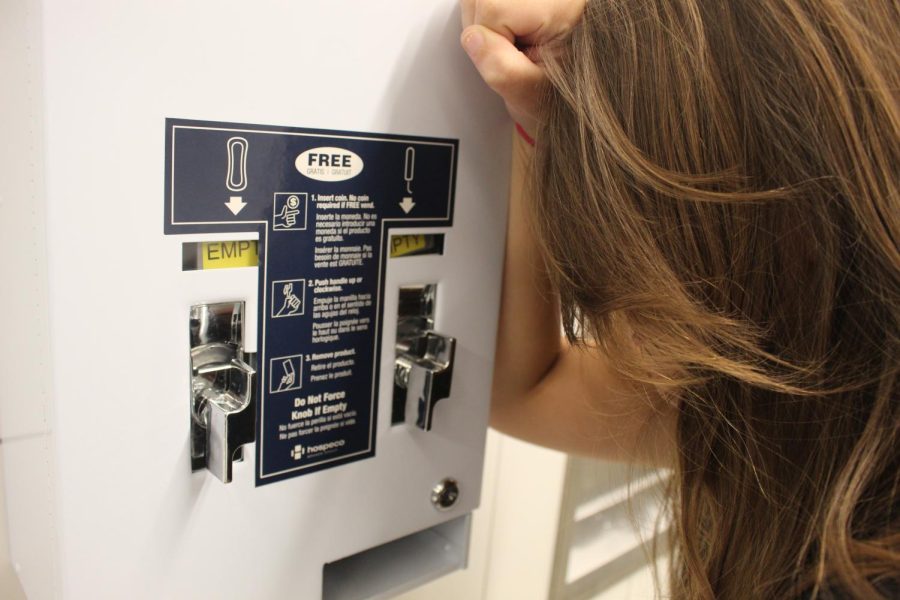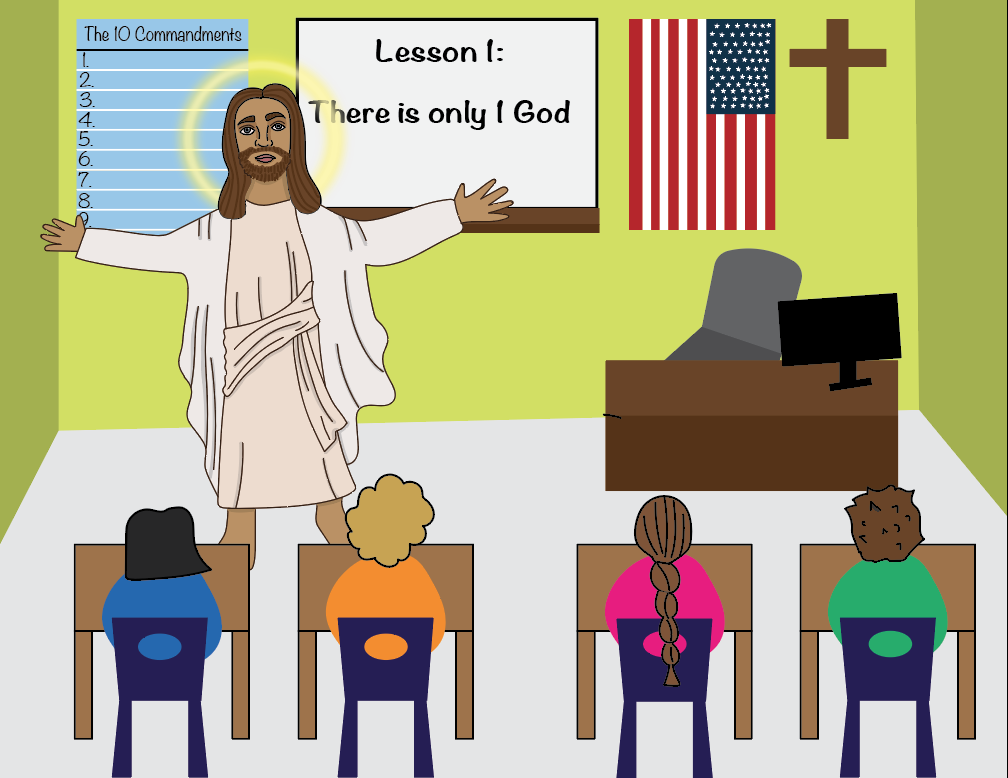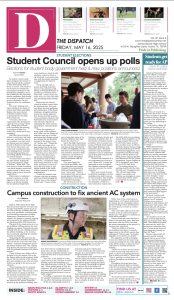Accessibility to feminine products concerns needy students
FILLED WITH WORRY: A student places her head on the empty product dispenser in a bathroom. The installation of the dispensers cost the district $85,000.
October 17, 2022
Menstruating students are facing uncertainty around the most compulsory products. The same dispensers students came to rely on last year are now unfilled and students are doubtful they’ll be full soon.
Prior to the official start of the school year Austin Independent School District (AISD) stated that they would be providing “free sanitary napkins and tampons” in an article posted under the announcement segment of AISD’s website.
“The district will be providing free sanitary napkins and tampons that otherwise would be hard for some students to get,” the article stated.
The steps to provide students with menstrual products comes after a recent growth in concern over the issue of period poverty. Some states have addressed the issue by mandating schools to provide period products, Texas is not one of them.
“Installing the dispensers will cost the district about $85,000,” the article listed. “Providing the supplies will depend on student usage.”
Amidst the promise of free period products as well as last year’s contribution, students have started to rely on the free products from school. Bowie junior Kennedy Kilday conveys the importance of free period products in schools.
“Students who menstruate can’t really get through the day if they don’t have the necessary products,” Kilday said. “It’s important for our education to be able to attend school.”
Period products are more often than not considered to be a basic need in the bathroom like soap and paper towels, hence the increase in concern for school district mandates. Just like soap and paper towels, students rely on the school providing these products.
“Students start to rely on having these when they need them,” Kilday said. “When when they’re not there, it’s a bad situation.”
According to the Alliance for Period Supplies, one in six women and girls ages 12 to 44 live below the poverty line and struggle to afford period products. This includes the entire age demographic of the Bowie student body.
“It would be easier to not have them with me because then I wouldn’t have to awkwardly dig for them (period products) during class,” Kilday said. “And feel like I’m being a distraction to my class.”
Having period products available in the bathrooms alleviates stress students feel over having the right products at the right time. This leads to a more positive campus and school environment.
“Period products are so necessary and you never know when you are going to get your period,” Kilday said “So you might not always be prepared for it. So it’s good to have some provided by the school.”
Throughout the entirety of this issue it is clear a different path could have been taken in order to supply students with period products. Some students have even come up with those ideas on their own.
“I would allow donations from students and teachers or allow teachers to keep them in their own classrooms,” Kilday said. “Like in the same way that toilet paper and tissues are donated, that way they’re high quality products and you can rely on them.”
Teachers also have a stake in this plight, not only in the common good of their students but in the learning loss suffered when students do not have basic resources available to them. Bowie English Teacher Gayla Hayes who understands from both a student and district standpoint.
“I know that the administration here gave us the teachers a big bag of products,” Hayes said. “So that if somebody needs some, they could also ask us in the event one of those machines isn’t working.”
Prior to administration supplying teachers with products, many opted to purchase products using their own money, however, many students are apprehensive about asking staff members for products.
“If the machine is empty or damaged, and they can’t get it in the restroom, they could ask their teacher,” Hayes said. “I realize sometimes maybe they don’t want to ask their teachers.”
Although this issue is still highly relevant at Bowie, the recent attention to the issue brought by AISD, has led to breakthroughs in the fight against period poverty. Teachers continue to speculate on how they can improve the issue.
“I don’t have any solutions that are not already trying. I think they’re doing the best they can,” Hayes said. “I think it’s probably better this year than it has been in past years already.”
With the year progressing, the dispensers will eventually be filled. Until then, students can ask their teachers and the nurse.
“This issue has kind of gotten more attention lately,” Hayes said. “So people pay more attention and maybe we’ll be better about keeping those stopped and, and the machines in good repair.”









